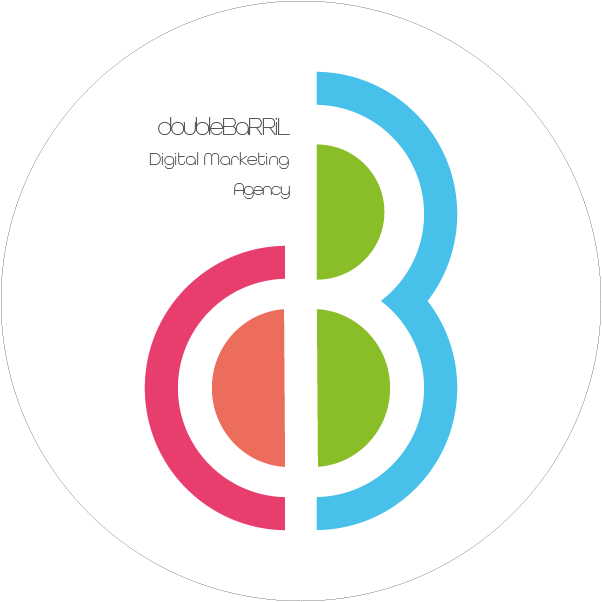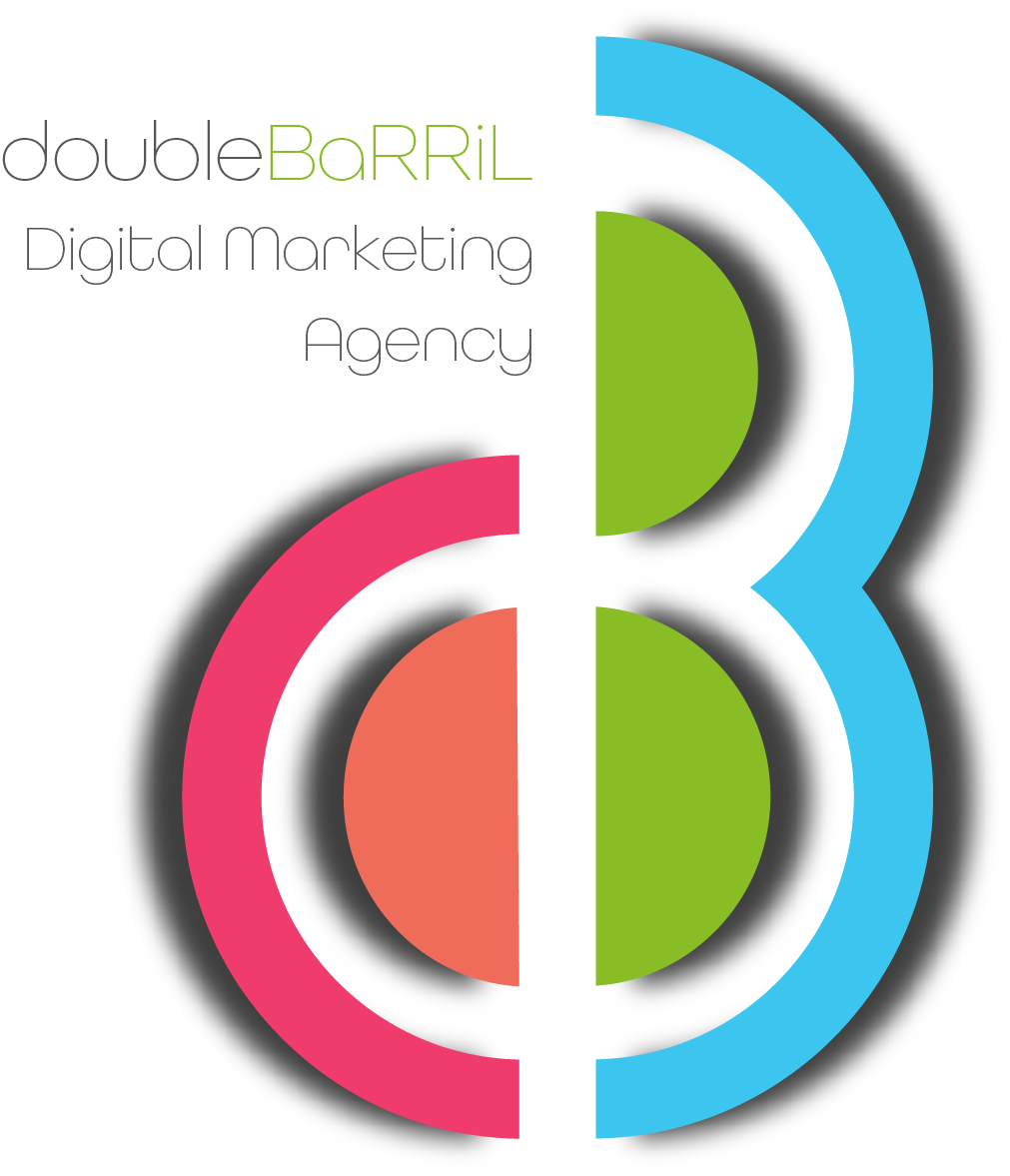Sustainable and Ethical Marketing
Sustainable and Ethical Marketing: A Pathway to Responsible Business
In today’s global marketplace, where information flows freely and consumers are increasingly conscientious about their choices, the landscape of marketing is undergoing a profound transformation. The traditional approach of pushing products at any cost has given way to a more conscientious and principled method known as sustainable and ethical marketing. In this blog post, we’ll explore what sustainable and ethical marketing means, why it’s crucial in today’s world, and how businesses can adopt these practices to create a more responsible and successful future.
Understanding Sustainable and Ethical Marketing
Sustainable marketing involves crafting strategies that minimize negative environmental and social impacts throughout the entire product lifecycle. It encompasses everything from responsible sourcing of raw materials to eco-friendly manufacturing processes and reducing carbon footprints. Ethical marketing, on the other hand, centres on promoting products or services in a truthful, transparent, and socially responsible manner. Together, these concepts form the foundation of sustainable and ethical marketing, guided by values of accountability, transparency, and positive impact.
The Significance of Sustainable and Ethical Marketing
- Meeting Consumer Expectations: Today’s consumers are more informed and discerning than ever. They not only want quality products but also want to support businesses that share their values. Sustainable and ethical marketing aligns with these expectations by offering products and services that resonate with consumers’ desire to make ethical choices.
- Building Trust and Loyalty: Trust is a cornerstone of any successful brand-consumer relationship. Brands that adopt transparent and responsible business practices build trust with consumers. When consumers believe in a brand’s commitment to sustainability and ethics, they become not just customers but advocates.
- Adapting to Changing Times: As global issues like climate change, social injustice, and environmental degradation become increasingly critical, businesses that ignore these concerns risk becoming obsolete. Sustainable and ethical marketing allows businesses to remain relevant and adaptable in a world that demands change.
Principles of Sustainable and Ethical Marketing
- Transparency: Openly sharing information about product sourcing, manufacturing processes, and environmental impact fosters trust and allows consumers to make informed decisions.
- Social Responsibility: Brands must consider the broader societal impact of their operations, ensuring fair labour practices, community support, and responsible sourcing.
- Environmental Stewardship: Minimizing environmental impact through sustainable practices, responsible sourcing, waste reduction, and energy efficiency is a fundamental principle of sustainable marketing.
- Authenticity: Authenticity goes beyond mere greenwashing or superficial marketing tactics. Brands must genuinely commit to sustainable and ethical practices.
- Long-Term Vision: Sustainable and ethical marketing isn’t just about immediate gains. It’s about creating a lasting positive impact on both society and the environment.
Implementing Sustainable and Ethical Marketing
- Define Your Values: Start by identifying the core values that align with your brand’s mission. These values will guide your sustainable and ethical initiatives and make them more authentic.
- Transparency in Communication: Communicate openly about your practices, challenges, and improvements. Share your sustainability journey with your audience to build trust and authenticity.
- Educate Consumers: Many consumers may not be fully aware of the impact of their choices. Educate your audience about the significance of sustainable and ethical products, encouraging them to make conscious decisions.
- Collaborative Partnerships: Collaborate with suppliers, organizations, and like-minded businesses to amplify your impact. Partnerships can lead to innovative solutions and greater reach.
- Measure Impact: Establish key performance indicators (KPIs) to track the impact of your sustainable and ethical initiatives. This could include metrics like carbon footprint reduction, waste reduction, and social contributions.
Conclusion: Sustainable and ethical marketing isn’t just a trend; it’s a necessary evolution in the business world. By aligning values with actions, brands can make a substantial positive impact on society and the environment. The journey may present challenges, but the rewards are immense – from consumer loyalty to a better world for future generations. As the business landscape continues to evolve, those who embrace sustainable and ethical marketing will stand as beacons of positive change in an interconnected global community. It’s time to take the leap and shape a more responsible and sustainable future through ethical marketing practices.
Are you ready to embrace the future? Start implementing brief but impactful interactive strategies today and unlock the potential of this rapidly growing trend. Your customers are waiting to hear from you.






